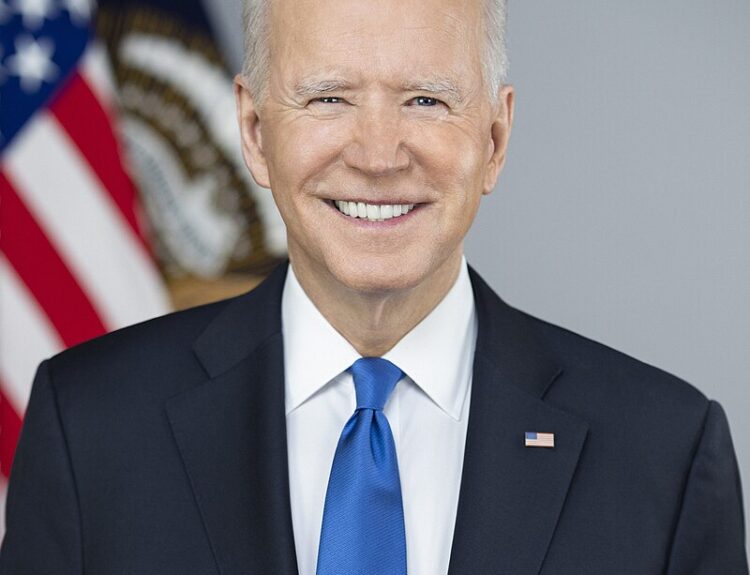Two years in, the $13 billion deal is weighing heavily on banks’ balance sheets.
- Elon Musk’s $13 billion acquisition of Twitter has become the worst merger-finance deal for banks since the 2008 financial crisis.
- The loans have remained ‘hung’ on banks’ balance sheets for nearly two years due to X’s poor financial performance.
- Banks involved, including Morgan Stanley and Bank of America, have struggled to offload the debt without incurring significant losses.
- The loans have led to write-downs that have negatively impacted banks’ loan books and compensation for investment bankers.
- Despite hefty interest payments, X’s value has plummeted to around $19 billion, raising concerns about its financial recovery.
Nearly two years after Elon Musk’s acquisition of Twitter, now known as X, the financial fallout is significant. The $13 billion borrowed for the deal has become the worst merger-finance transaction for banks since the 2008-09 financial crisis. Major banks like Morgan Stanley and Bank of America lent the money to Musk’s holding company to take X private in October 2022. Typically, banks sell off such loans quickly to avoid holding them on their balance sheets, but in this case, they have been unable to do so without incurring major losses due to X’s weak financial performance. This situation has left the loans ‘hung’ on their balance sheets, leading to write-downs that have affected their overall financial health and even impacted compensation for some investment bankers. nnThe loans’ value deteriorated rapidly after the $44 billion acquisition, and new data indicates that they have been stuck longer than any similar unsold deal since the financial crisis. While banks have collected interest payments, X’s value has dropped to around $19 billion, and the company continues to struggle to recover its advertising revenue. Musk’s controversial comments and legal actions against advertisers have further complicated the situation, making it difficult for banks to sell the debt. As the two-year mark approaches, banks are facing pressure from regulators and have begun to scale back their lending for merger-finance deals. The ongoing challenges with the Twitter loans have also affected banks’ standings in investment banking rankings, leading to significant compensation cuts for some bankers involved in the deal. Despite these hurdles, banks remain hopeful that X can eventually repay the loans, but the path forward remains uncertain.·
Factuality Level: 7
Factuality Justification: The article provides a detailed analysis of the financial implications of Elon Musk’s acquisition of Twitter, now X, and discusses the challenges faced by the banks involved. While it presents factual information and data, there are instances of bias in the portrayal of Musk’s actions and the banks’ decisions. Additionally, some sections could be seen as tangential, but overall, the article maintains a focus on the main topic.·
Noise Level: 8
Noise Justification: The article provides a detailed analysis of the financial implications of Elon Musk’s acquisition of Twitter (now X), focusing on the challenges faced by the banks involved in the deal. It includes data and expert opinions, holds powerful entities accountable, and discusses the broader consequences of the acquisition on the financial sector. The content is relevant, well-supported by evidence, and stays on topic, making it a thoughtful examination of the situation.·
Public Companies: Twitter (TWTR), Morgan Stanley (MS), Bank of America (BAC), Barclays (BARC), Mitsubishi UFJ Financial Group (8306.T), BNP Paribas (BNP.PA), Mizuho (8411.T), Société Générale (GLE.PA), Tesla (TSLA), SpaceX (N/A), Neuralink (N/A), xAI (N/A), Starlink (N/A)
Key People: Elon Musk (Owner of X (formerly Twitter)), Steven Kaplan (Professor of Finance at the University of Chicago)
Financial Relevance: Yes
Financial Markets Impacted: The article discusses the significant financial implications of Elon Musk’s acquisition of Twitter (now X) on the banks involved, including Morgan Stanley and Bank of America, which are facing losses due to hung loans.
Financial Rating Justification: The article focuses on the financial struggles of banks related to the acquisition of Twitter by Elon Musk, detailing the impact on their loan books and overall financial health, making it highly relevant to financial topics.·
Presence Of Extreme Event: No
Nature Of Extreme Event: No
Impact Rating Of The Extreme Event: No
Extreme Rating Justification: The article discusses financial struggles related to Elon Musk’s acquisition of Twitter (now X) but does not report on any extreme events that occurred in the last 48 hours.·
Deal Size: Output: 13000000000
Move Size: No market move size mentioned.
Sector: All
Direction: Down
Magnitude: Large
Affected Instruments: Bonds
 www.wsj.com
www.wsj.com 





